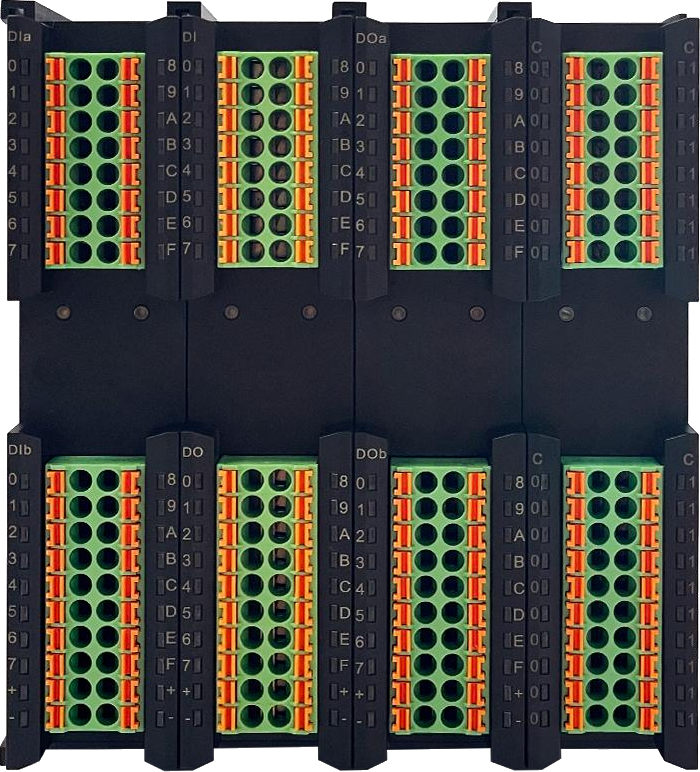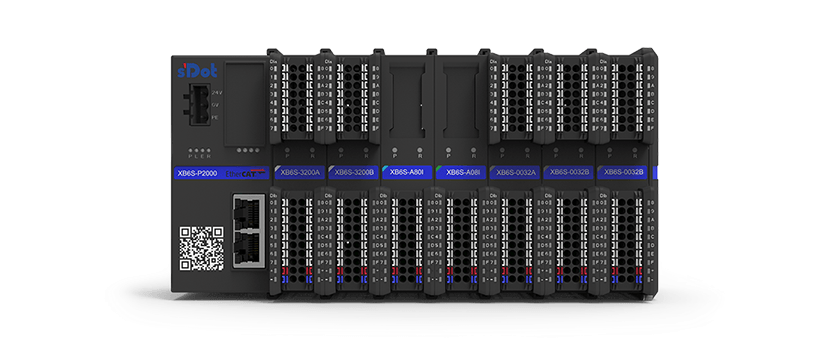In today’s rapidly evolving technological landscape, manufacturing automation has become an integral part of the industry. By utilizing advanced technologies and robotics, manufacturing processes have been streamlined to improve efficiency, productivity, and ultimately reduce costs.
The Role of Manufacturing Automation
Manufacturing automation refers to the use of computer-controlled machinery or robots to perform tasks traditionally carried out by humans. This technology has revolutionized various industries by increasing production speed, accuracy, and consistency while minimizing errors.
With the implementation of manufacturing automation systems, companies can optimize their operations through precise control over every aspect of the production process. From assembly lines to quality control checks, these automated systems ensure that products are manufactured with utmost precision and adherence to specifications.
Solidot Electronic Technology: A Case Study
A prime example of successful integration of manufacturing automation is Solidot Electronic Technology. By adopting cutting-edge robotic systems in their production facilities, they have significantly reduced labor costs while maintaining high product quality standards.
The introduction of automated assembly lines at Solidot has led to a substantial increase in output capacity without compromising on product integrity. The robots efficiently handle repetitive tasks such as soldering components onto circuit boards with unmatched precision and speed.
The Role of Industrial Automation Integrators
industrial automation integrators play a crucial role in implementing efficient manufacturing automation solutions for businesses across various sectors. These integrators specialize in designing customized automated systems tailored specifically to meet each company’s unique requirements.
By collaborating closely with manufacturers, industrial automation integrators analyze existing workflows and identify areas where manual processes can be replaced or optimized using automated solutions. They then design comprehensive plans for integrating robotics into these processes seamlessly.
Conclusion

In conclusion, manufacturing automation has revolutionized the industry by improving efficiency, productivity, and reducing costs. Companies like Solidot Electronic Technology have successfully implemented automated systems to streamline their production processes and achieve higher output capacity while maintaining product quality. Industrial automation integrators play a vital role in designing and implementing customized solutions that optimize manufacturing operations.
As technology continues to advance, manufacturing automation will continue to evolve, enabling businesses to stay competitive in an increasingly globalized market.

